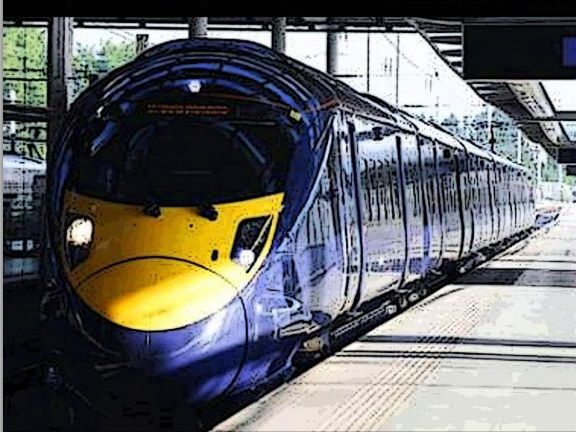My college days were just horrible. My professors were dopes. I don’t think I was wrong to go for a liberal arts degree with a dual major in history and political science. I studied Journalism at Boston University too.
Crazy White House Proposal: Rank Colleges Based On How Much Graduates Earn
By Les Leopold, Alternet
September 19, 2013
The Obama administration is transporting Wall Street logic into higher education by proposing to measure the value of a college by the earnings of its graduates. This conceptual coup may be the best news for Wall Street since the abolition of Glass-Steagall.
We need not repeat all that has been written about how this money-making metric misses the point of college; about how students should be studying to become good citizens and leaders, to find and know themselves, to discover which pursuits in life best suit them, to develop an inquiring mind and so on. But such musings, however admirable, miss the main point: Using future earnings as a measuring stick transforms the entire notion of higher education into yet another financial instrument. No doubt some Wall Street hustlers are already dreaming up how to create derivatives they can sell to insure students and their families against less than expected earning outcomes from the college investment. Wow, an entire new casino in the making, right up there with the ethanol market.
…
This making-money metric illustrates how far we’ve drifted into a new era of financial hegemony, which I’m calling the billionaire bailout society. A generation or two ago, Obama’s proposal would have met with derision, and not just from obstructionist Republicans. For the WWII and baby boomer generations it was honorable to serve-to help make your community and your country a better place. After so much war and destruction, and after so much poverty and discrimination, it was a badge of honor to join the Peace Corps or help build a cooperative or community organization to serve the disadvantaged. Even wealthy political elites like the Kennedys made it clear that they considered public service a much higher calling than just making money. You didn’t have to be a radical or even a liberal to believe that public service was a good in itself. Going to college gave you special access to develop a deeper humanistic view of the word, to find your calling, and to sharpen the skills needed to help make the world a better place instead of making seven figures. How quaint!
…
What we don’t need are more college graduates headed to the financial casinos eager to gamble away our nation’s wealth. You want to rank colleges based on what their graduates do? OK, why not see how many graduates actually contribute directly to the common good? If that were the case we’d be tracking the number who went into the helping professions: How many teach in disadvantaged areas? How many provide healthcare to underserved populations? How many build businesses and cooperatives for the unemployed? How many serve low-wage workers in their struggles for decent wages and working conditions? How many are working to protect the environment or enhance human rights here and abroad?

 . . . . Andre Malraux, the French minister of culture, commissioned him to design a new ceiling for the Paris Opera after seeing Chagall’s work in Daphnis et Chloe. Working with a surface of 560 square meters, Chagall divided the ceiling into color zones that he filled with landscapes and figures representing the luminaries of opera and ballet. The ceiling was unveiled on September 23, 1964, during a performance of the same Daphnis et Chloe. As usual, a few detractors condemned Chagall’s work as overly primitive, but this criticism was drowned out in the general acclaim for the work. In 1966, as a gift to the city that had sheltered him during World War II, he painted two vast murals for New York’s Metropolitan Opera House (1966).
. . . . Andre Malraux, the French minister of culture, commissioned him to design a new ceiling for the Paris Opera after seeing Chagall’s work in Daphnis et Chloe. Working with a surface of 560 square meters, Chagall divided the ceiling into color zones that he filled with landscapes and figures representing the luminaries of opera and ballet. The ceiling was unveiled on September 23, 1964, during a performance of the same Daphnis et Chloe. As usual, a few detractors condemned Chagall’s work as overly primitive, but this criticism was drowned out in the general acclaim for the work. In 1966, as a gift to the city that had sheltered him during World War II, he painted two vast murals for New York’s Metropolitan Opera House (1966). Last week,
Last week,
Recent Comments